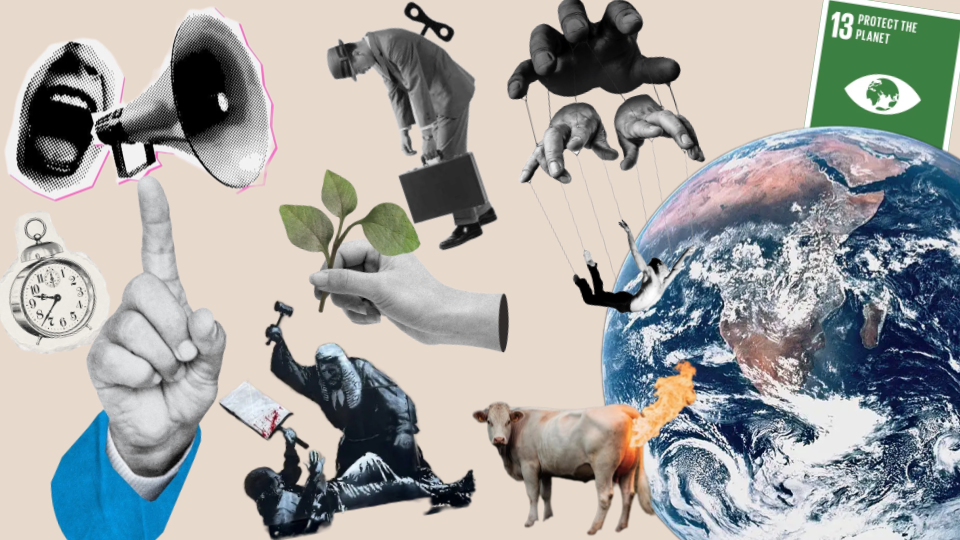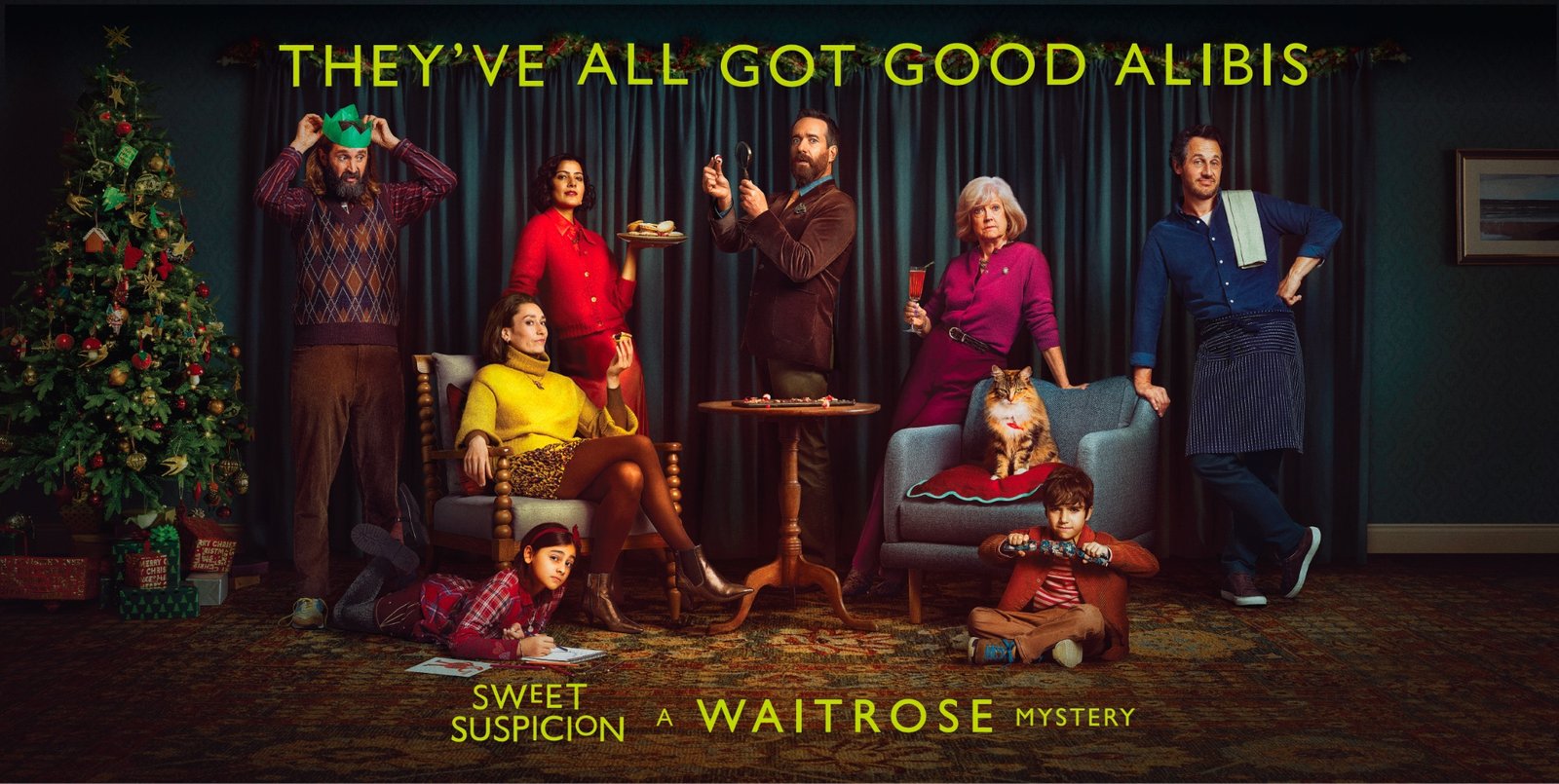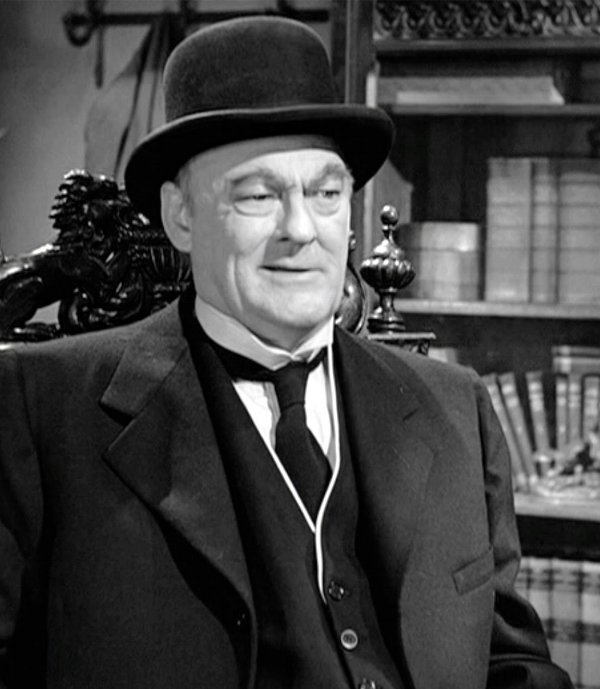Get In Touch
hello@untangld.co
Get In Touch
hello@untangld.co
Follow
|
LinkedIn

We use cookies to make sure you have the best experience on our website. Fear not, we don’t sell your data to third parties.


We are living through a seismic shift in the world order. The old certainties are crumbling, incumbents are being ousted from the US to the UK to Germany, and what’s emerging in their place feels more like chaos than progress. Trump’s systematic dismantling of DEI initiatives, his aggressive push toward fossil fuels and the ripple effect pressuring world leaders to follow suit have created a leadership void that feels both terrifying and permanent.
Into this vacuum steps an uncomfortable truth: democracy is broken, and many of us are living through a nightmare where the societal causes we care about are no longer anywhere near the top of the global agenda. Brands – perhaps – could help turn the tide.
I know how that sounds. Trust me, I’ve spent enough time in strategy rooms to recognize the dystopian undertones of suggesting corporate entities should fill the void left by failing political institutions. But the 2025 Edelman Trust Barometer has laid bare a reality we can no longer ignore: 61% of people globally now have a moderate to high sense of grievance against government, with 40% approving of violence and disinformation as legitimate tools for change.
We’re witnessing a world where traditional leadership has failed so spectacularly that people are turning to increasingly extreme measures for change.
But while trust in governments, media and NGOs craters, business remains “the only institution seen as competent and ethical”. Not because we’ve suddenly fallen in love with capitalism, but because brands – unlike politicians – actually have to deliver on their promises or die.
For too long, we were trapped in the sanitised world of “brand purpose” – those carefully workshopped mission statements that sound profound in boardrooms but ring hollow everywhere else. And now increasingly we’re seeing the world’s most successful brands bend in the face of the new world order – a 24-carat iPhone, symbolic of Apple cowering to the new agenda in the White House.
All this in a world where consumers are actively seeking our brands that make clear, tangible societal or ethical commitments. You know this. Your clients know this. Turning your logo into a rainbow for Pride month isn’t going to cut it any more. In fact, it didn’t cut it five years ago, and it certainly won’t now as the world hits an inflection point.
This moment requires something radical. Something that harnesses the grievance, distrust and frustration of consumers and harnesses it into momentum and positive action.
Brand activism is values-based, controversial and driven by public interest, not your own corporate agenda. Unlike purpose-driven marketing, which often feels like corporate virtue signalling, activism demands you pick a side.
It’s Harvard versus The White House. It’s Patagonia versus fossil fuels. It’s Ben & Jerry’s versus discrimination.
The most successful activist brands focus on three key factors: measurable action, brand-cause fit, and consistently showing up. Critically, their leadership recognise that sometimes you have to put profit on the line for principles that need defending.
The 2025 Edelman Trust Barometer serves as an alarm bell for us all, “arguing for brands to do something about the state of the world, threat to democracy, spread of misinformation”.
When nearly two-thirds of respondents worry about experiencing discrimination and political institutions respond with division rather than unity, perhaps it’s time we think about brands as vehicles for the public to voice their perspective and drive their own change. In a world where traditional channels of change and democracy are blocked, perhaps brands could play a vital role in challenging the new world order.
Brand trust has shifted “from societal purpose to personal relevance”, with consumers seeking “optimism, support and emotional connection” from the brands they choose. But this isn’t just about warm feelings – it’s about cold, hard economics. Gen Z, projected to add $8.9trn (£6.6trn) to the global economy by 2035, consider activism a baseline expectation, not a nice-to-have. Even amid inflation pressures, consumers are willing to pay an average 9.7% premium for brands that genuinely align with their values.
Research shows activist brands benefit from a “protective buffer” during crises, with loyal customers more likely to forgive missteps when they believe in your mission. In a fragmented media landscape where traditional advertising loses impact daily, taking authentic stands generates earned media worth millions in organic reach and conversation. The brands playing it safe aren’t just missing opportunities – they’re actively ceding market share to competitors brave enough to stand for something meaningful.
Brands rooted in specific values – rather than abstract global messaging – are winning.
The far-right agenda sweeping the world thrives on apathy and resignation. It counts on institutions – including brands – staying silent while democracy erodes. But brands have something politicians don’t: the need to remain relevant beyond election cycles.
This is the moment for brands to move beyond safe statements and into uncomfortable actions. Taking the risk to alienate some customers in order to serve the future their core audiences are demanding.
The research is clear. The question isn’t whether consumers want brands to take a stand – it’s whether brands have the courage to lead when politicians won’t.
The alternative is a future where trust continues its freefall, the new world order solidifies and where the brands that played it safe might be up in the next quarter but lose the consumers forever.
Some things are more important than quarterly earnings. Democracy might be one of them.










→ Amy thrives on tackling the toughest challenges facing modern marketers. With infectious energy and deep empathy, she's driven record-breaking results for complex organisations like the British Army and won Gold at Cannes. Amy brings sharp strategic thinking and genuine collaboration to everything she touches at Untangld.
